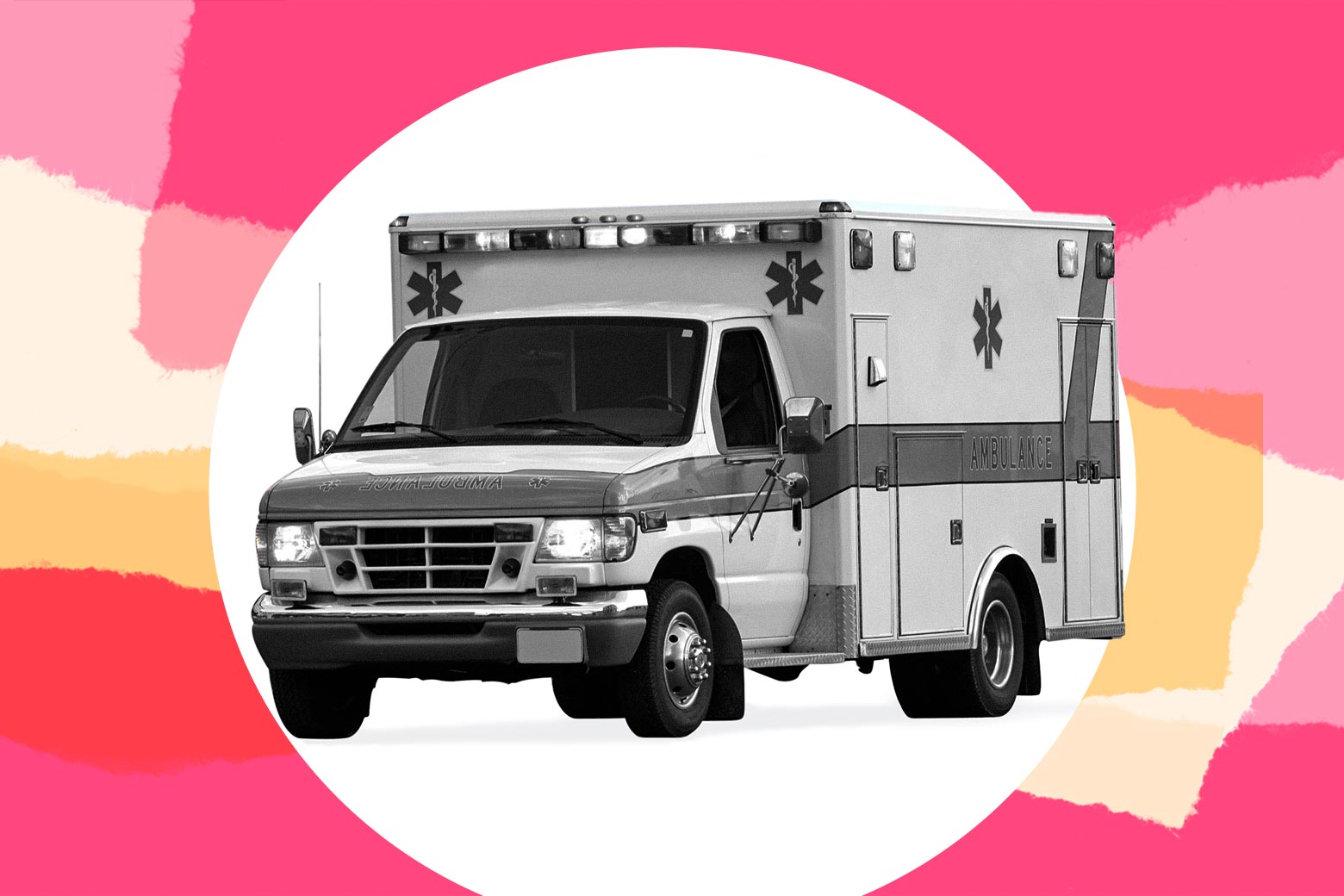When I was pregnant with my first baby, my psychiatrist strongly advised me against breastfeeding—for the sake of my health and my son’s. I had always imagined breastfeeding my children, but her advice was based on solid reasoning. Maintaining stability in bipolar disorder requires protecting sleep, a vulnerable period during pregnancy and postpartum that could increase the risk of its resurgence. Continuing my medications, intensifying therapy, and safeguarding sleep became critical for preventing this.
To maintain my sleep, formula feeding became a crucial part of our plan after my son’s birth. Breastfeeding or chest-feeding parents must wake multiple times at night to pump or feed, which poses a well-documented risk to mental health, particularly in the postpartum period. This sleep disruption can lead to mental health issues such as depression, suicidal thoughts, mania, psychosis, anxiety, and substance-use disorder. On the contrary, formula feeding allows for anyone to share the nighttime care, reducing sleep loss and mitigating health risks.
Initially, this decision didn’t sit well with my obstetrician and pediatrician. They urged me to at least try breastfeeding. I understood their perspective, and I too found it challenging to come to terms with this decision. As a pediatrician and public health professional, I had been trained to believe that breastfeeding is unquestionably the best. Guidelines from pediatric, obstetric, and public health authorities recommend exclusive breastfeeding for up to six months and supplemental breastfeeding for up to two years.
However, as I explored formula feeding, I discovered that the widely accepted breastfeeding guidelines tend to exaggerate the benefits based on available data. The best available breastfeeding data indicate minor short-term benefits such as a 4 percent reduction in gut infections and 3 percent less eczema in the first year, along with a lower risk of breast and ovarian cancer for mothers. However, claims regarding improved intelligence, better parent-child relationships, and long-term health impacts on the child are not supported by high-quality randomized data.
Therefore, while breastfeeding can be beneficial if it is an option for you, not breastfeeding does not doom your child to long-term issues.
Existing guidelines also fail to adequately acknowledge the potential drawbacks of breastfeeding, such as the tremendous time and sleep loss it demands from the breastfeeding parent. This, in turn, can lead to disparities in parenting duties and the ability to work outside the home.
Successfully breastfeeding can enhance maternal mental health, but research also shows that struggling with breastfeeding while desiring to breastfeed can deteriorate mental health. When unable to provide something perceived as essential for their baby, feelings of guilt and shame can take root.
For instance, Ann Mary Olson, a lawyer and new parent in the Bay Area, faced challenges meeting her baby’s needs with breast milk alone. To boost her milk supply, Olson spent up to five hours a day (excluding cleanup) using a hospital-grade pump—the most efficient kind—to extract every last drop of breast milk. While pumping, she couldn’t hold her baby, sleep, or do much else.
However, despite her efforts, Olson could only produce enough milk to meet less than half of her baby’s caloric needs on a good day. She expressed feeling like a failure and was left sleep-deprived, time-strapped, stressed, and irritable. She found her feeding regimen to be unsustainable, stating that it prevented her from being the best mother she could be due to complete exhaustion.
For Olson, the constant messaging from the medical establishment that breastfeeding is the unequivocal best choice intensified the pressure she felt, making her eventual switch to formula even more complicated. Nevertheless, when she made the switch, Olson experienced immediate relief. Her sleep quality and quantity improved, and her stress levels and self-blame significantly reduced. This change freed up an additional five hours per day, allowing her to bond with her baby and tend to her own needs.
It’s common medical practice to advocate exclusive breastfeeding and to encourage parents to continue breastfeeding even when they encounter difficulties. The medical community and guidelines often fail to acknowledge that “there are risks associated with breastfeeding, particularly when there are challenges,” said Nancy Byatt, a perinatal psychiatrist and professor at the University of Massachusetts Chan Medical School.
Throughout my pediatric training and practice, neither my peers nor I were trained to explicitly consider parental mental health when advising on feeding choices, which contrasts with the standard of care in perinatal psychiatry. Byatt emphasized that “breast is great,” but not at the expense of parental mental health.
Byatt and other psychiatrists routinely advise against breastfeeding to protect maternal mental health in clear-cut cases—such as for parents with serious mental illness, any illness exacerbated by sleep loss, and those who have struggled with breastfeeding.
“I am trying to eliminate anything that might heighten the risk of destabilization,” said Crystal Clark, a perinatal psychiatrist and associate professor at the University of Toronto. Clark recounted her experience at a hospital where a “breast is best” campaign was underway, where mothers were awake around the clock attempting to breastfeed. She recalled some patients becoming very ill as a result.
Although about 83 percent of mothers attempt breastfeeding, only 1 in 4 exclusively breastfeed for six months, for varied reasons: parental health impacts, supply difficulties, lack of support or time for pumping at work, and inadequate parental leave. Ninety-five percent of U.S. fathers and 1 in 4 mothers return to work within two weeks.
The balance of risks and benefits of breastfeeding is a personal decision that may evolve over the postpartum period. Ideally, parents would consult their care team to make adjustments to their feeding plans in the weeks after birth. Unfortunately, parents often feel neglected in the six months after birth, with typically only one or two postpartum visits compared to as many as six for the baby. In focus groups, new mothers have described feeling abandoned after giving birth.

Nora Mathison
How Should We Talk About the Mental Health of Historical Figures?
Read More
Why Everyone Is Freaking Out About Solar Power Right Now
Content Locked
for Slate Plus members
One of Our Best Websites Died While No One Was Looking
They’re Tiny. They’re More Important to the Ocean Than Anyone Realized. They Need Our Help.
What Flight Safety Experts Say About Flying Right Now
In reality, parents and children are a unit whose health is intertwined, and a health challenge for a parent can fundamentally affect the baby’s health, Joanna Jarecki, a psychiatrist and assistant professor at McMaster University, told me in an email.
Given all this, we need to ensure that all clinicians caring for a family are on the same page. “Some patients are going to believe their OB and pediatrician over their psychiatrist,” Clark said, potentially jeopardizing their health. Thankfully, there are efforts to better align care across specialties, although these efforts should be expanded. For example, Byatt leads a program in Massachusetts for clinicians to consult perinatal psychiatrists in developing optimal care plans for new or expecting parents contending with mental health challenges, including feeding guidance.
My advice to any new parent is this: If sleep deprivation could compromise your health, carefully consider all your feeding options—the only “right” choice is the one that enables you to be the best parent you can be. I have never regretted my decision to formula feed my son to safeguard my sleep during my highest-risk period for a relapse. It allowed me to enter parenthood as the healthiest version of myself and enabled my son to thrive.
State of Mind
is a partnership of
Slate
and
Arizona State University
that offers a practical look at our mental health system—and how to make it
better.








:max_bytes(150000):strip_icc()/GettyImages-2188754272-0b1f4062939e4f86a1e8991dfbb6b100.jpg)



:max_bytes(150000):strip_icc()/NewsImages-PackageonWhatToExpect4-final-a9df5736859141919dffe9772eca6b98.png)
